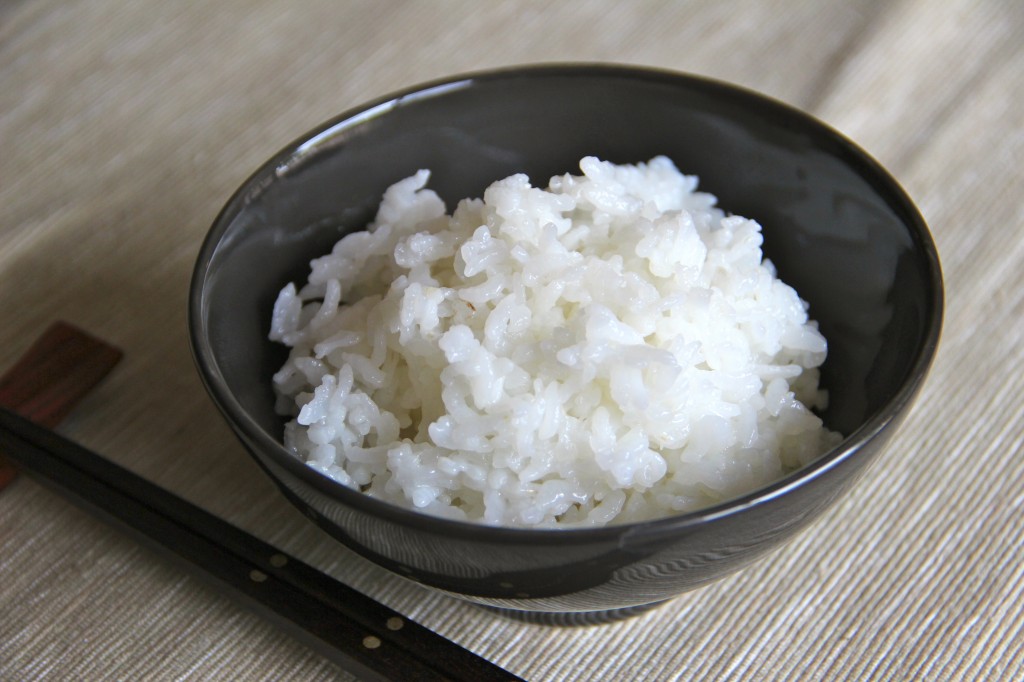Breakfasts With Mao

by Reg Green
My first interest when I started reading “Mao,” Philip Short’s huge biography, was to find out what he ate for breakfast.
If this seems odd to you let me explain that in this column two or three weeks ago I mentioned that, on the principle that you are what you eat, I felt for the first time a kinship with Vladimir Putin when I read in Short’s biography of him that his usual breakfasts (porridge) and lunches (yoghurt and fruit) are the same as mine.
Since then, I’ve been feeling a powerful compulsion to world domination, though I am quite aware that this ambition is unlikely to be fulfilled since I haven’t yet achieved a rank higher than serfdom in my own household.
But, although I’m deep into Short’s six-hundred pages, I haven’t come across similar information about Mao yet. Meanwhile, my wife suggests, reasonably, that it would be rice pudding for both meals.
For some reason that idea conjured up a memory of a British politician, Aneurin Bevan, who commented on a hitch in the food supply chain there that the government must be full of geniuses if it could cause an energy and food shortage in an island compounded of coal and surrounded by fish.
It’s true that Mao grew up in a house surrounded by paddy fields and at that time would have been unable to conceive of life without rice. Once in power, however, his policies achieved something close to it. During the great famine of 1959-61 an estimated 25 million Chinese starved to death. Presumably, during that spectacular failure in economic planning, he and his pals had to fill up on cake.
Meanwhile, I’m steering clear of rice in any form: boiled, fried and steamed, brown and white, basmati and jasmine, short- and long-grained, rice cakes, rice wine, Krispies. I may be acting too cautiously but think of the stomachache you could have with both Mao and Putin inside you.